Pollution due to urbanization
Effect of urabanization on Environment
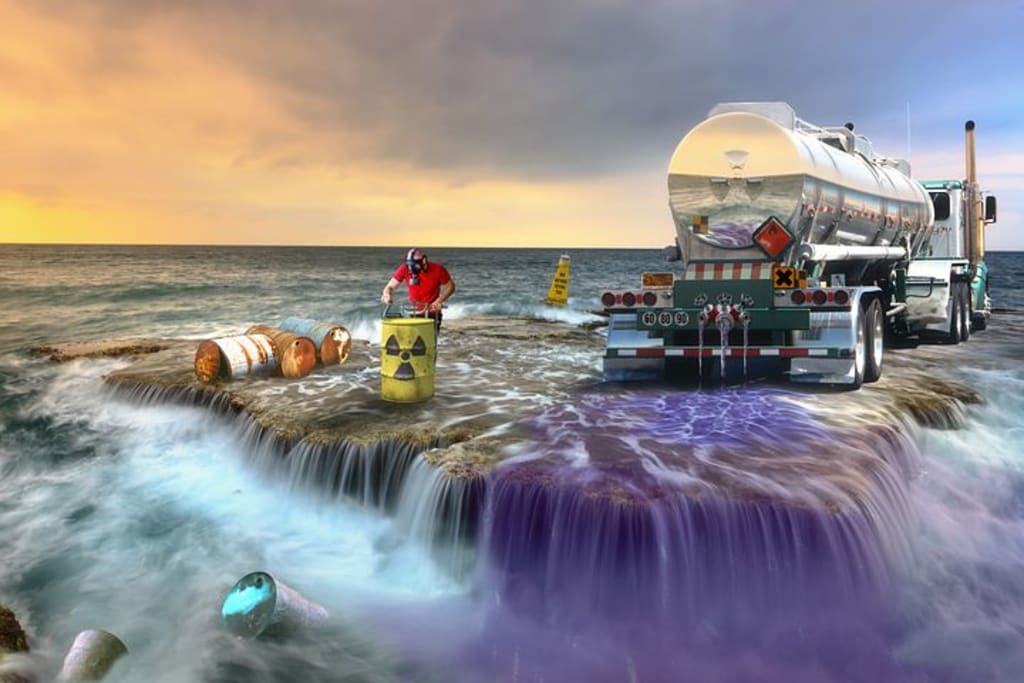
Our mother earth is choking and we are helpless. We face many challenges today and one of them is pollution. When any contaminating substance is added in our environment and pollutes our natural resources called pollution. There are many reasons of pollution and human beings are responsible for most of it. Our activities have depleted our natural resources and our natural habitat.
One of the main reasons of pollution is urbanization. When human being started establishing cities and industrialization happened than the level of pollution started increasing. The harsh reality of urbanization is that many beautiful valleys, mountains, hills stations and forests have been converted into vessels of pollution.
Urbanization and pollution have become two of the most pressing issues of our time. As cities become more populous and industrialized, they are increasingly emitting large amounts of pollutants into the environment. These pollutants are having a devastating effect on human health, ecosystems, and the global climate.
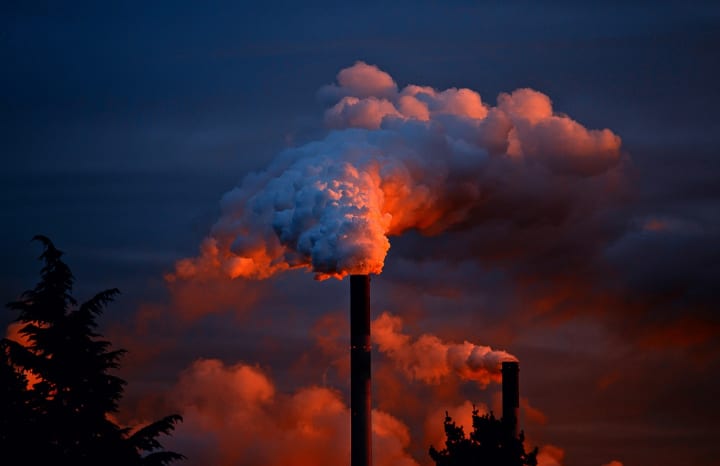
Urbanization has led to an increase in traffic, industrial processes, and energy consumption, all of which generate air pollutants. The burning of fossil fuels creates large amounts of greenhouse gases, such as carbon dioxide, which contribute to global warming. Pollutants such as nitrogen oxides, sulfur dioxide, and particulate matter also contribute to air pollution in cities. These pollutants can cause respiratory and cardiovascular diseases, and can be particularly dangerous for vulnerable populations, such as the elderly and children.
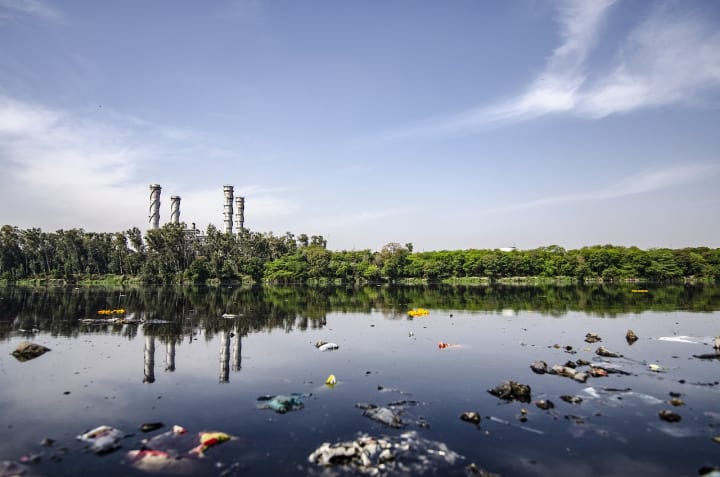
In addition to air pollution, urbanization also contributes to water pollution. As cities become more densely populated, they generate large amounts of wastewater, which can contain pollutants like metals, nutrients, and organic compounds. This wastewater can contaminate sources such as rivers, lakes, and groundwater, leading to decreased water quality and disruption of aquatic ecosystems.
Urbanization can also lead to land pollution. As cities expand, they often require the use of large amounts of land. This land can be used for industrial purposes, such as factories, and can contain hazardous substances like heavy metals and chemical compounds which can leach into the soil and contaminate it.
Urbanization also increases the amount of heat in cities due to the urban heat island effect. This effect occurs because the concentration of buildings, roads, and other infrastructure in cities traps heat, leading to higher temperatures than in surrounding rural areas. This can cause extreme heat stress and discomfort, as well as an increased risk of heat-related illnesses
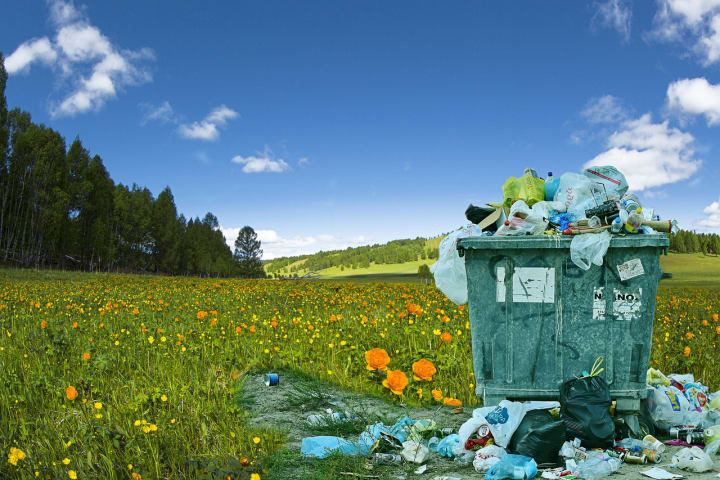
Finally, waste disposal is a major challenge of urbanization. Cities produce large amounts of solid waste, including plastics, paper, and food waste. This waste is often disposed of in landfills or burned, leading to air pollution and other environmental problems.
To tackle the issue of urbanization and pollution, governments and city authorities must take action. This could include introducing regulations to reduce emissions from industries and transport, implementing energy efficiency measures, and investing in renewable energy sources. Additionally, cities should invest in green infrastructure, such as green roofs, green walls, and urban forests, which can help reduce air pollution and mitigate the effects of climate change.
Urbanization and pollution are two of the most pressing issues of our time, and will require global action to be effectively addressed. With the right measures and investments, cities can become more sustainable, and help protect the environment and human health.


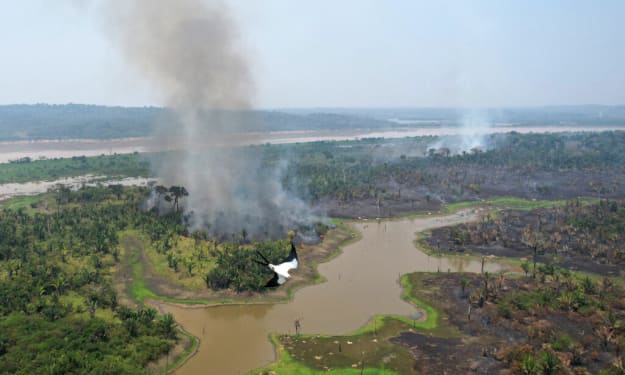


Comments
There are no comments for this story
Be the first to respond and start the conversation.